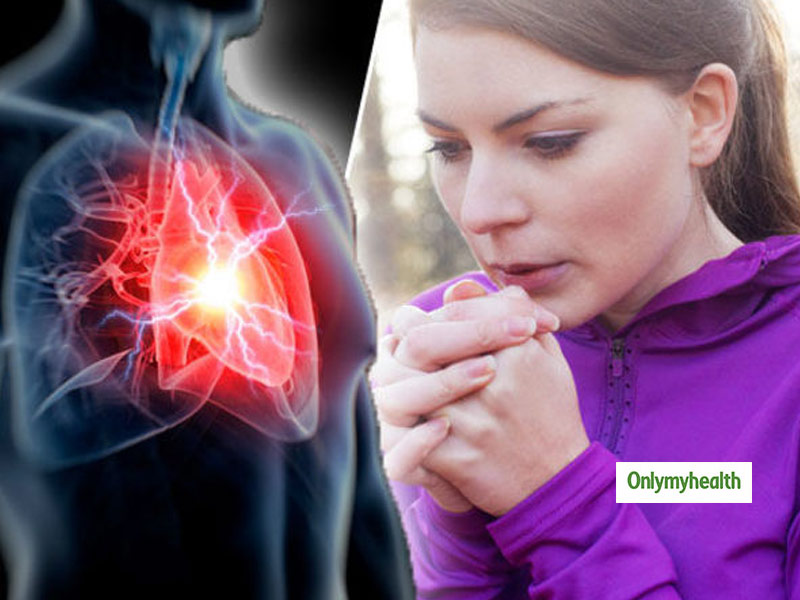
The winter season can be exciting, with family get-togethers, holiday parties, etc., people have plenty of distractions keeping them from focusing on their health. Often, given the weather, exercise and a healthy diet are usually sacrificed for warm nights spent indoors on the couch and comfort food. People usually associate winter as cold and flu season. Still, many don’t know that it’s also the prime season for heart attacks too. The cold weather poses a challenge on people with existing cardiac problems such as cardiovascular diseases, arrhythmia, angina, heart dysfunction, and more. This is usually due to low temperature and common breathing issues associated with the season.
Table of Content:-

Here are a few quick tips for people to keep their heart healthy even during winters:
Active body, restless heart - Regular exercise should be done to keep the body warm and active. However, people should avoid sudden unaccustomed exertion, in freezing weather, particularly if they have compromised cardio-pulmonary status. Staying active helps our system to maintain normal blood flow throughout the body, therefore, keeping the average temperature.
Also Read: Heart Disease And Young Adults: Know The Possible Triggers And Prevention Tips
Beware of hypothermia
Hypothermia happens when the body lacks the power to keep the internal organs warm and can be life-threatening too. Some common symptoms of hypothermia are shivering, sleepiness, mental confusion, delayed reactions, etc. One should always be covered in layers of warm clothing to prevent hypothermia. Layering helps in forming a protective layer. Wear a hat or cap (cover head & neck) because much of your body’s heat can be lost through your head.
Know the symptoms: Minutes matter! Fast action can save lives. Heartburn, stomach-ache, nausea, pain in the legs, breathlessness, can indicate a brewing problem, and people must be mindful.

Keep yourself warm
Keeping oneself warm during winters is imperative for everyone, especially when it comes to the ones suffering from cardiac ailment and hypertension. The low-temperature results in the constriction of the blood vessels, which further results in reduced oxygenated blood supply to the body parts. Apart from this, the heart is also under immense pressure to work at a higher pace to maintain blood flow and body temperature.
Check what you drink and when: Don’t drink alcoholic beverages before or immediately after exercise as it can lead to extra strain on the heart.

Also Read: Living With A Pacemaker: Dr Balbir On The Important Checklist For Those With A Pacemaker
It is essential that people understand the normal aspects about the own health and take any changes seriously. Majority of cardiac arrest cases deteriorate due to delay in medical intervention. This is a concern nationally because this indicates a lack of awareness among people. Cardiac care in India is reaching different heights only timely diagnosis is important.
With inputs from Dr Niraj Kumar, Associate Director, Cardiology, Max Hospital, Gurgaon
Read more articles on Heart Health
How we keep this article up to date:
We work with experts and keep a close eye on the latest in health and wellness. Whenever there is a new research or helpful information, we update our articles with accurate and useful advice.
Current Version